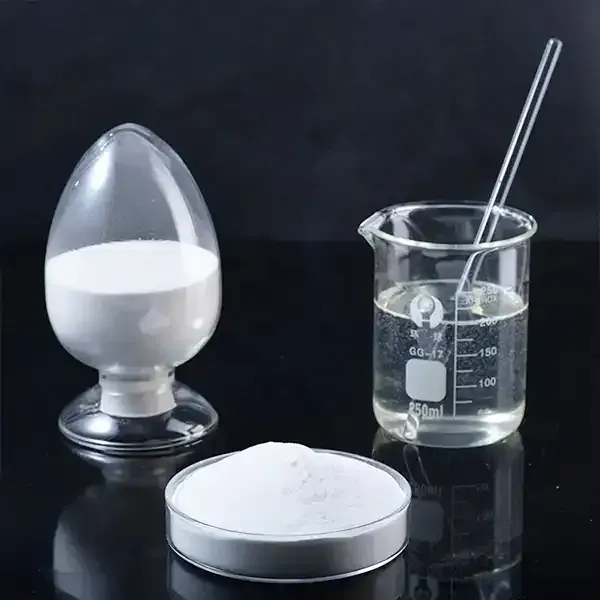Hydroxyethyl Cellulose A Versatile Polymer in Modern Applications
Hydroxyethyl cellulose (HEC) is a non-ionic, water-soluble polymer derived from cellulose, a natural polymer found in the cell walls of plants. This biopolymer has gained significant attention due to its unique properties and versatility across a variety of industries, including pharmaceuticals, cosmetics, food, and construction.
One of the most notable characteristics of HEC is its ability to form thick, viscous solutions when dissolved in water. This property makes it an excellent thickening agent, ideal for improving the texture and consistency of products. In the pharmaceutical industry, HEC is used in the formulation of gels and creams, serving not only as a thickener but also as a stabilizer that enhances the delivery of active ingredients. Its biocompatibility makes it a preferred choice for formulating products meant for skin application.
In the cosmetics sector, hydroxyethyl cellulose adds a luxurious feel to lotions, shampoos, and conditioners. It helps in emulsifying oils and other ingredients, ensuring that formulations remain stable over time. The thickening property of HEC allows for improved spreadability and moisturizing effects, which are crucial for consumer satisfaction in personal care products. Moreover, HEC is often used in makeup formulations, such as foundations and mascaras, to achieve the desired texture and performance.
hydroxyethyl cellulose

The food industry also benefits from the inclusion of hydroxyethyl cellulose
. It acts as a food additive, contributing to the texture and mouthfeel of products, especially in gluten-free formulations where it helps enhance the structure of baked goods. HEC is appreciated for its lack of taste or odor, making it a suitable ingredient in a wide range of food applications without altering the sensory experience.In construction and building materials, hydroxyethyl cellulose plays a crucial role as a binder and thickener in paints, adhesives, and dry-mix mortars. Its ability to improve water retention is essential for ensuring proper adhesion and workability of materials, which contributes to the longevity and durability of construction projects.
Furthermore, the environmental aspect of hydroxyethyl cellulose cannot be overlooked. As a derivative of cellulose, HEC is biodegradable and non-toxic, making it an eco-friendly choice in many applications. With increasing concerns about sustainability and environmental impact, industries are more inclined to adopt biopolymers like HEC in their formulations.
In conclusion, hydroxyethyl cellulose is a multifunctional and versatile polymer with applications that span across various industries. Its ability to enhance texture, stability, and performance in products makes it an indispensable component in modern formulations. As research continues to explore new uses and benefits of HEC, its importance is expected to grow even further in the coming years.






